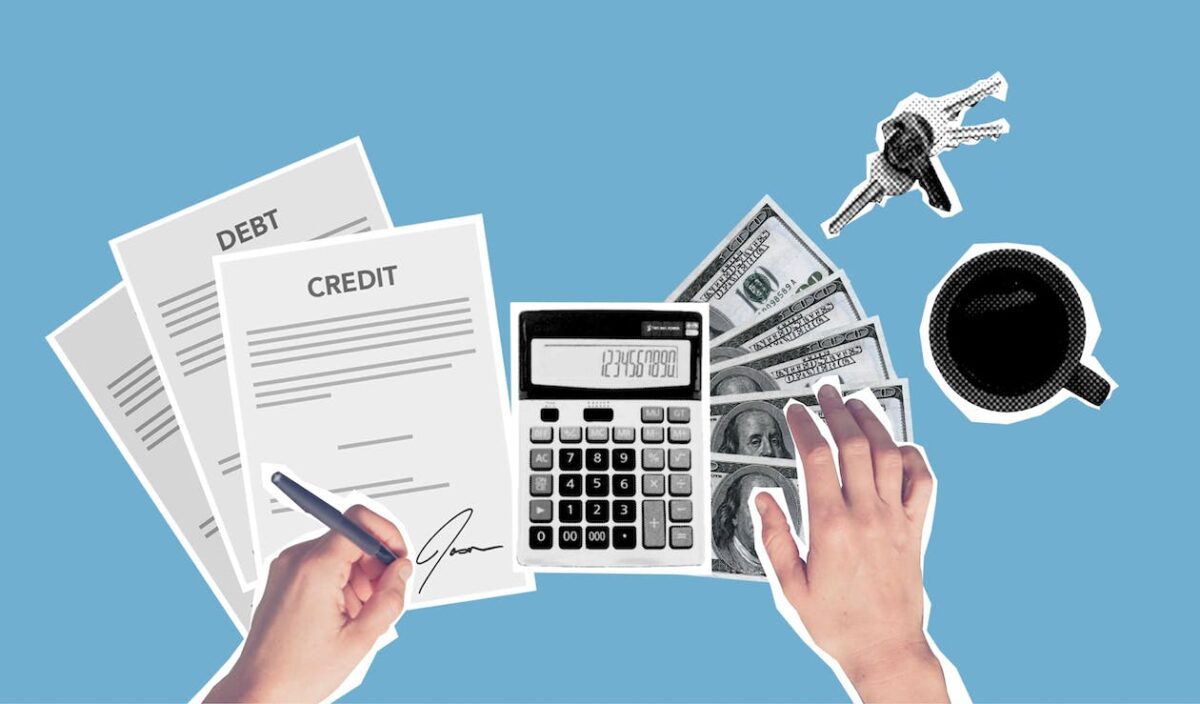Many small businesses often turn to merchant cash advances (MCAs) when they need extra cash to supplement their cash flow, invest more capital in their business, or whenever they are in a pinch. The process of obtaining an advance is often quick, sometimes taking only one or two days, which can be attractive to a struggling business. However, MCAs can be expensive, which can make it easy for merchants to fall into a cycle of debt or miss payments. So,
what is merchant cash advance collections and how does it work?
When a merchant cash advance business needs assistance collecting payments on outstanding balances, they often turn to a third-party collection agency- like Monetaria- to help them with their debt recovery. These agencies typically have extensive experience in recovering outstanding receivables and use a variety of tactics to get deliver for our clients. This may include negotiations, developing payment plans, and even legal action. They handle the case, utilizing their expertise and knowledge, which allows their clients to focus on growing their businesses instead of worrying about how to get paid.
A third-party collections agency might also attempt to seize a merchant’s assets, and levy their business bank accounts. On behalf of the funder, they may work to freeze their personal and business banking accounts, contact a business’s vendors or brokers and merchant processors to convince them to pay the collection agency directly since the business has defaulted on their loans, and if the merchant is using a payroll company, the MCA funder may also attempt to interfere in that arrangement.
It is incumbent on a business to understand what they are agreeing to when applying for a merchant cash advance and have a payment plan in place. Because they may be a riskier financing proposition, many MCA companies protect their capital by including personal guarantees and liens on receivables in the contract, in case they need to put the account into collections to recover funds.
Commercial collection services are regulated by a number of federal and state laws. These laws outline the rights and responsibilities of both the creditor (the business trying to collect the debt) and the debtor (the business that owes the debt).
At the federal level, the Fair Debt Collection Practices Act (FDCPA) sets out rules for how consumer debt collectors can interact with debtors. While the FDCPA applies to personal, family, and household debts, and not to debts incurred by businesses, many states have their own debt collection laws that apply to commercial debts, and these laws may provide additional protections for debtors. In addition to these laws, there are also industry-specific regulations that may apply to commercial debt recovery and collection. For example, the healthcare industry is subject to the Health Insurance Portability and Accountability Act (HIPAA), which has provisions related to the collection of medical debts.
Commercial debt collection agencies can employ certain collection methods that are banned under consumer collection regulations for non-commercial entities. These agencies need to be licensed and bonded before performing collections in most states, so when looking at hiring a third-party collection agency, it’s critical to ensure they are qualified and credentialed.
Monetaria Group is led by a team of debt collection attorneys, which lets clients know all their debts and cases are being handled legally and competently, with no chance of trouble down the road. Monetaria is the number one solution for businesses looking to recover debts in the merchant cash advance and commercial debt space. With our innovative approach, experienced team, and commitment to customer service, we have established ourselves as the go-to choice for businesses looking to get the money they are owed. If you are a business owner struggling to recover money, don’t hesitate to reach out to Monetaria for assistance: we have the expertise and resources to deliver the results you need.
We’re happy you found this article informative! Go back to our blog page to find more tips, tricks and guidance on bookkeeping, to ensure your business gets paid.
If you have unpaid debts that need to be recovered, commercial debt collection may be a good option for your business. A commercial debt collection agency can help you with the process of recovering past-due accounts and provide guidance on best practices for managing accounts receivable.
Led by a team of experienced debt collection attorneys, Monetaria has helped hundreds of businesses recover and collect their outstanding debts and payments. Schedule a FREE consultation with our expert team to see how we can help you recover your money today!

